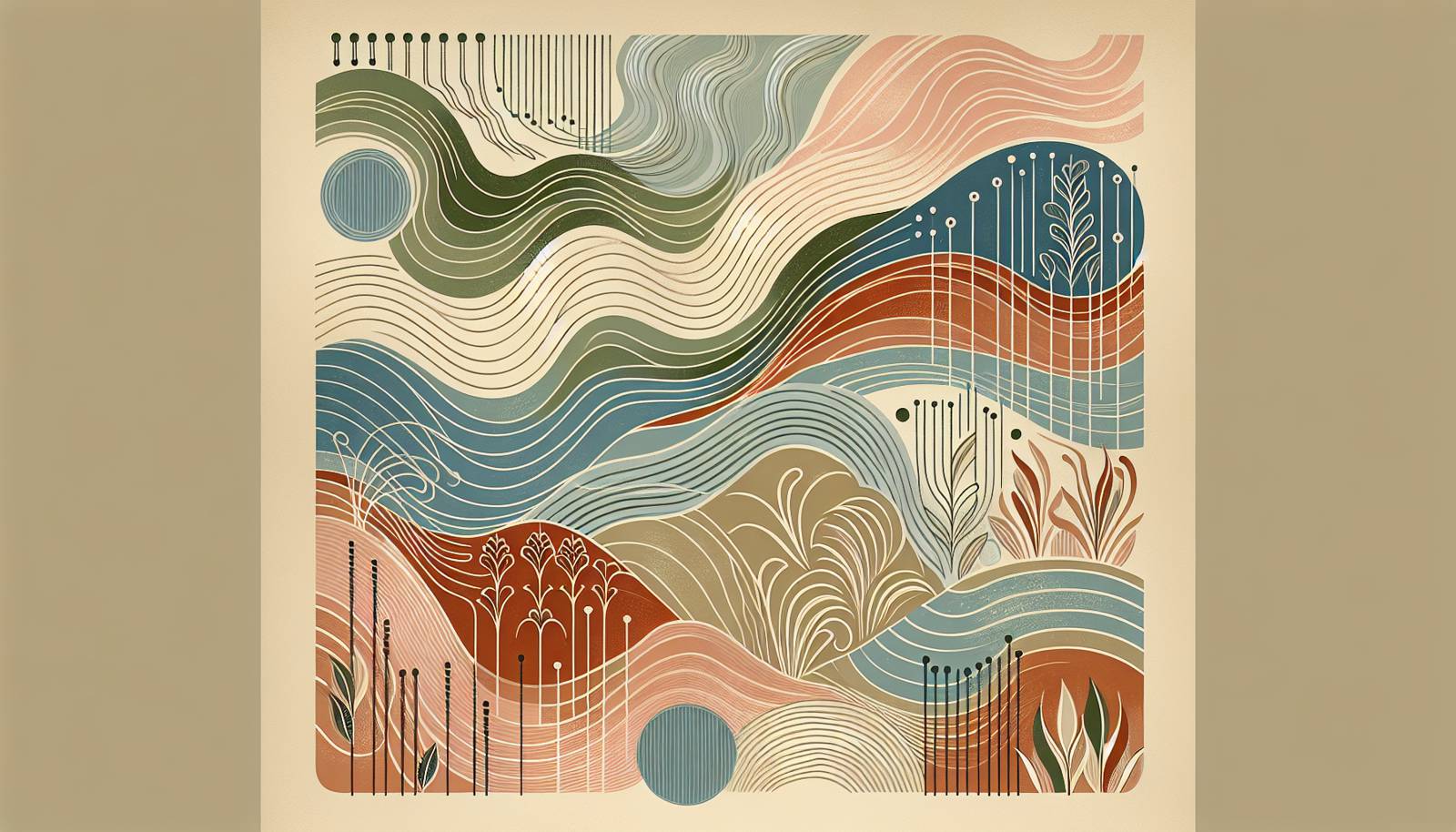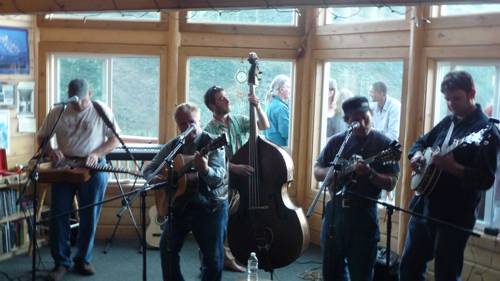
FAQ About The Role of Cultural Festivals in Music Evolution

What is the impact of cultural festivals on musical evolution?
Cultural festivals play a significant role in musical evolution by providing a platform for artists to showcase their music to diverse audiences. They foster a cross-cultural exchange of musical styles and influences, encouraging the blending of different genres and leading to the development of new musical fusion styles. These festivals also promote musical innovation as artists experiment and collaborate with others from different cultural backgrounds.

How do cultural festivals encourage genre fusion in music?
Cultural festivals often bring together artists from various musical backgrounds, creating a melting pot of styles and influences. This diversity encourages musicians to experiment with and incorporate elements from different genres into their own music, leading to genre fusion. Festivals provide a unique environment for creative collaboration, often resulting in innovative sounds that might not develop outside these inclusive settings.

Can you give an example of a music genre that developed from cultural festivals?
The genre of Afrobeat is a notable example that has been influenced by cultural festivals. Artists like Fela Kuti blended traditional African music styles with jazz, funk, and other genres, significantly shaping the international music scene. Festivals provided platforms for such artists to reach wider audiences and for Afrobeat to gain global recognition.

Do cultural festivals influence the growth of emerging artists?
Yes, cultural festivals serve as essential platforms for emerging artists to gain exposure. By performing at these events, artists can reach new audiences, gain new fans, and attract attention from industry professionals. This exposure can open doors to further opportunities, such as record deals or international tours, facilitating the growth of an artist's career.

How do cultural festivals contribute to musical innovation?
Cultural festivals contribute to musical innovation by bringing together diverse musicians who exchange ideas and influence each other's works. The environment at festivals encourages artistic experimentation and collaboration, often leading to the creation of unique and innovative musical pieces. This interaction not only inspires artists but also pushes the boundaries of traditional music forms.

What role do cultural festivals play in preserving traditional music styles?
Cultural festivals play a crucial role in preserving traditional music styles by providing a platform where these forms can be celebrated and performed. They highlight traditional music to audiences from around the world, fostering appreciation and understanding. Additionally, by bringing traditional music to the forefront, these festivals ensure that these musical styles remain relevant and are passed down to future generations.

Are there specific festivals known for influencing music evolution?
Yes, several festivals are renowned for their influence on music evolution. For instance, the Festival au Désert in Mali is known for showcasing traditional and contemporary African music, which has inspired numerous artists globally. Similarly, the WOMAD (World of Music, Arts and Dance) festivals are famous for their celebration of global music diversity and contribution to the popularity of world music genres.

How do artists benefit from performing at cultural festivals?
Artists benefit from performing at cultural festivals in several ways, including increased exposure and networking opportunities. Festivals attract large, diverse audiences, offering artists a chance to reach fans they might not encounter otherwise. Additionally, festivals serve as networking hubs where artists can connect with other musicians, producers, and industry professionals, potentially leading to collaborations and career advancements.

What is the economic impact of cultural festivals on the music industry?
Cultural festivals significantly contribute to the economic growth of the music industry by boosting sales for artists and music-related merchandise. They also create job opportunities in performance, event management, and production. Furthermore, festivals often lead to increased local tourism, benefiting host communities and further stimulating the economy associated with the music sector.

How do cultural festivals help in cross-cultural musical exchange?
Cultural festivals facilitate cross-cultural musical exchange by bringing together artists and audiences from different parts of the world. This convergence allows individuals to experience a variety of music styles and cultural expressions, promoting dialogue and understanding between different musical traditions. As a result, artists are often inspired to incorporate elements from other cultures into their work, enriching their music.

What challenges do cultural festivals face in promoting musical innovation?
Cultural festivals can face several challenges in promoting musical innovation, including financial constraints, logistical issues, and maintaining cultural sensitivity while showcasing diverse music styles. Furthermore, artists may sometimes struggle with a creative clash or resistance to experimenting outside their established music genre. Overcoming these challenges requires careful planning and a strong emphasis on collaboration and inclusivity.

In what ways do cultural festivals affect local music scenes?
Cultural festivals can have a profound impact on local music scenes by raising the profile of local artists and music styles to international audiences. They can also spur tourism and local economic activity, which benefits musicians and industry professionals within the host community. Additionally, festivals can inspire local artists by exposing them to new genres and music practices, enriching the local music culture.

How do cultural festivals spotlight minority and underrepresented music genres?
Cultural festivals often make a conscious effort to include minority and underrepresented music genres in their line-ups, providing these artists with a stage to share their work with wider audiences. By doing so, festivals help to promote diversity and inclusivity in the music industry, spotlighting unique musical talents and traditions that might otherwise remain marginalized.

Can cultural festivals impact mainstream music trends?
Yes, cultural festivals can significantly impact mainstream music trends. By introducing audiences to diverse music genres and new artists, festivals can influence popular music tastes and sometimes lead to the incorporation of world music elements into mainstream music. This exposure can help shape what genres gain popularity and what new musical influences emerge in the industry.

What are some notable cultural festivals known for their role in music evolution?
Festivals like Glastonbury in the UK and SXSW (South by Southwest) in the USA are known for their influential roles in music evolution. These events gather a wide range of international artists and are recognized for introducing new music trends. Similarly, festivals focused on specific musical traditions, such as the Rainforest World Music Festival in Malaysia, promote the evolution and fusion of traditional music with contemporary styles.

How do cultural festivals influence the collaboration among artists?
Cultural festivals serve as ideal venues for artists to meet and collaborate because they bring together musicians from varied backgrounds and genres. The festival environment encourages open-mindedness and creative experimentation, often leading to spontaneous collaborations on stage or behind the scenes. These interactions can result in unique musical projects that blend different styles and expand the artists' creative horizons.

What is the role of cultural festivals in sustaining the global music heritage?
Cultural festivals sustain global music heritage by celebrating and preserving diverse musical traditions and styles. They provide a platform for traditional artists to showcase their craft to international audiences, ensuring continued interest and transmission of these traditions. By doing so, festivals help keep these musical cultures alive and thriving in the global music landscape.

Can cultural festivals act as a launchpad for international artists?
Yes, cultural festivals can act as launchpads for international artists by providing them with exposure to diverse and large audiences. Successful performances at prominent festivals can elevate an artist's profile, leading to more opportunities like record deals, international gigs, or collaborations with renowned musicians. This exposure often plays a vital role in an artist's journey toward international recognition.

What is the significance of cultural diversity in festivals for music evolution?
Cultural diversity in festivals is crucial for music evolution because it brings together a vast range of musical influences and traditions. This diversity provides fertile ground for innovation as artists are inspired by unfamiliar sounds and genres, often leading to creative experimentation and the birth of new musical forms. The exchange of cultural ideas at festivals enriches the global music tapestry, promoting fusion and evolution.

How do cultural festivals maintain their relevance in the changing music landscape?
Cultural festivals maintain their relevance by continuously adapting to the changing music landscape. They do so by incorporating emerging music trends, providing platforms for innovative performances, and promoting new artists alongside traditional acts. By staying responsive to audience interests and embracing technological advancements, festivals ensure they remain pertinent in a rapidly evolving music industry.
